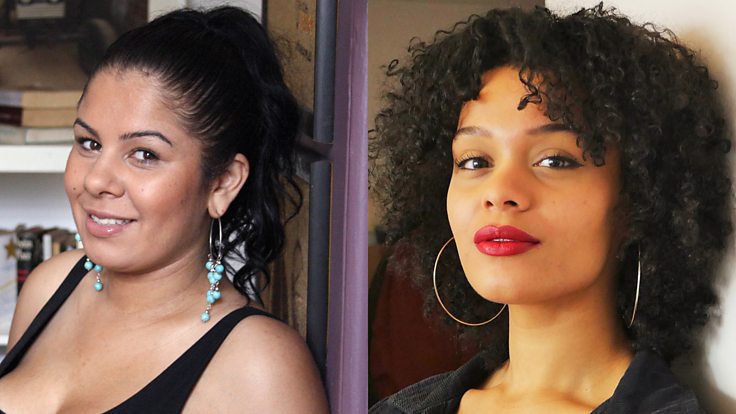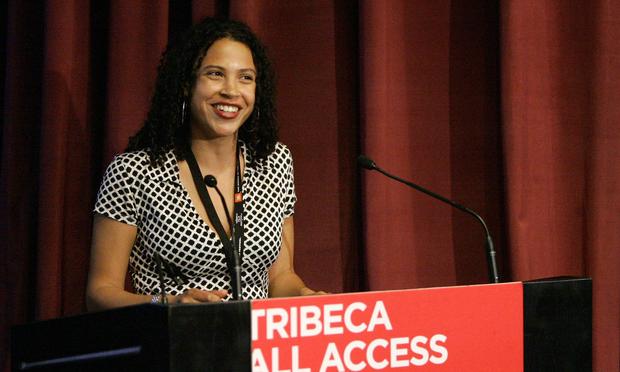The Invention of HispanicsPosted in Audio, Census/Demographics, Latino Studies, Media Archive, Social Science, United States on 2015-05-27 01:59Z by Steven |
Latino USA
2015-05-22
Hosts:
Marlon Bishop, Producer
Camilo Vargas, Producer
Guest:
G. Cristina Mora, Assistant Professor of Sociology
University of California, Berkeley
Before 1970, the US Census Bureau classified Mexican, Cuban and Puerto Rican immigrants as whites. Each community of Latin American origin would go by their nationality and by the region where they lived in the United States. But all that changed in the seventies, as activists began lobbying the US Census Bureau to create a broad, national category that included all these communities. The result was the creation of the term “Hispanic”, first introduced in the US Census in 1970.
Then it was up to Spanish-language media to get the word out. The network that would later become Univision released this series of ads calling on “Hispanics” to fill out the 1980 Census. The ads feature “Hispanic” sports stars and… Big Bird:…
By the 1990s, Univision was creating the images and sounds associated to Hispanics in the US. The 1990 Census ads feature the likes of Tito Puente and Celia Cruz telling Hispanics to fill out el censo:…



